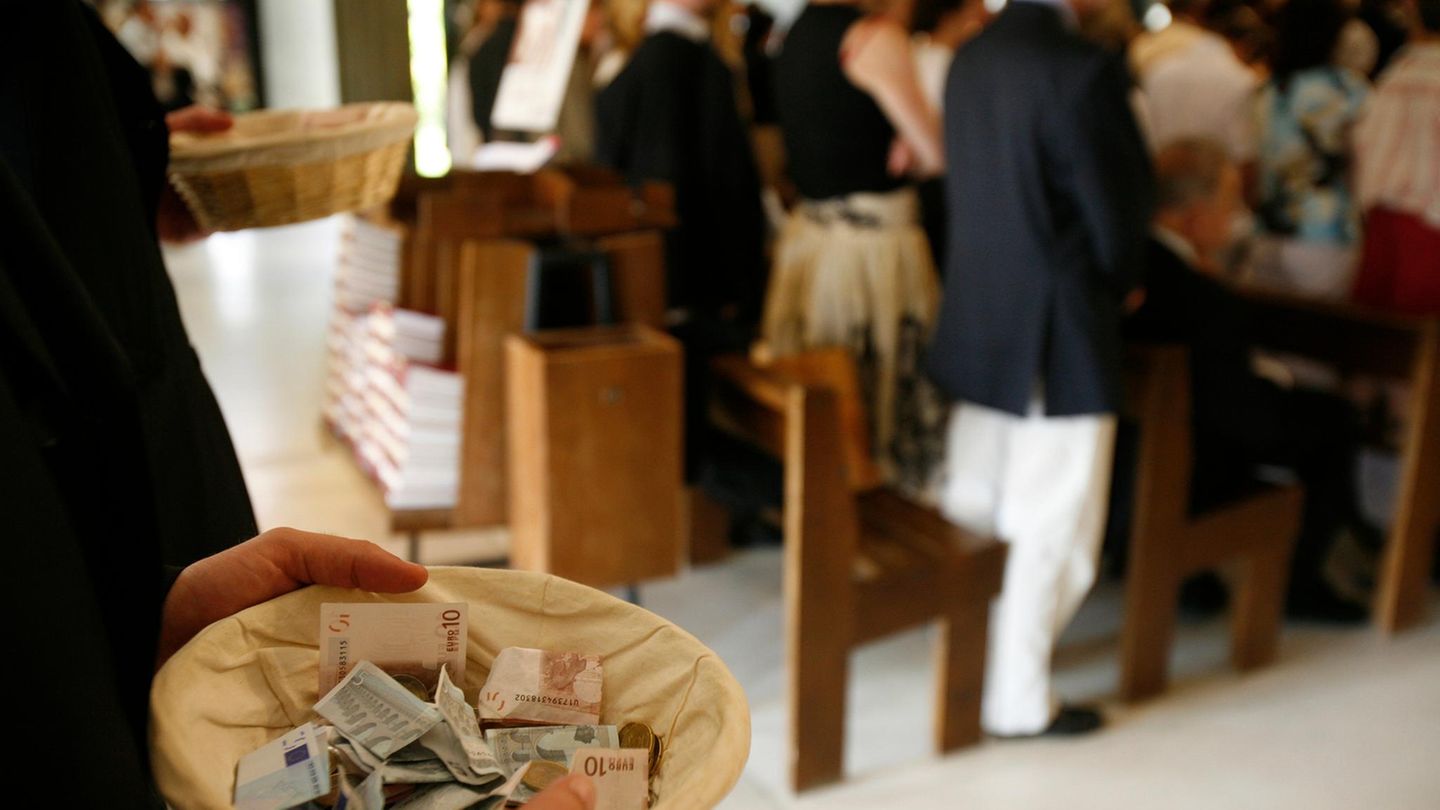Research in dictatorships follows its own rules. starReporter Moritz Gathmann experienced in Tajikistan how difficult the balancing act can be between exposing a repressive system and protecting the population.
“Protect yourself from harm” is a fundamental principle that doctors all over the world have been committed to for thousands of years. I had to think a lot about this during a research trip that took me to Tajikistan in June.
Tajikistan is a dictatorial country in which the level of repression is getting worse every year: Freedom House gives the country two points more than North Korea in its freedom rankings, but less than neighboring – and Taliban-run – Afghanistan.
In rather harmless moments, the dictatorship produces absurdities.
Tajikistan supports reports of Islamist terrorism
The multi-story exhibition on Tajik history in the newly established National Museum makes no mention of the civil war that claimed the lives of up to 50,000 people in this country between 1992 and 1997. Instead, it celebrates the rise of President Emomali Rahmon, who is still in power today and who united modern Tajikistan.
As the star When he visited the country’s Mufti, the religious leader of Tajik Muslims, the government’s religious authority sent a representative to interview him: the man, almost certainly a secret service agent, sat at the table smiling friendly throughout the entire conversation.
What circumstances fuel terrorism? Impressions from Tajikistan
02:14 min
In any case, I was surprised that we had even received accreditation from the Foreign Ministry: in the application I had even written that we wanted to deal with the topic of Islamist terrorism. It was only after I arrived that I understood the logic: for the regime, which presents itself to foreign countries, including Western countries, as a fighter against the Islamist threat, publications on the topic are actually useful.
In less harmless moments, the dictatorship puts a foreign journalist in dilemmas that are almost impossible to resolve.
How can you research without endangering your interlocutors?
The photographer Konstantin Salomatin and I traveled around the country and visited the wives of the men who carried out the IS attack on the Moscow concert hall Crocus City Hall in March. We also met relatives of Tajiks who were or are in prison in Germany on terror charges. We also met the wife of an opposition figure who has been in prison for life since 2015.
We were welcomed everywhere: the Tajik culture, which requires that guests be allowed into the house first, is in some ways stronger than the fear of political persecution. But with each meeting I became more uncomfortable. I realized that I could cause problems for people just by visiting them.
People whose relatives lived in Germany reported constant visits by the police and other authorities: they should put pressure on their sons or husbands to return home. In most cases, returning to the country means immediate arrest, a non-transparent court case and a long prison sentence. “If you can help, do it. But if you can’t help, at least don’t harm us,” one mother pleaded with me. Some relatives of the Moscow attackers reported that the police forced them to sign a confidentiality agreement. If they spoke anyway, they would have to pay a fine equivalent to a year’s income in Tajikistan.
The police receive foreign visitors with
We reporters did not feel like we were being followed during our research: there were no cars with tinted windows, no men secretly following us. And yet we are convinced that our visits to the villages did not go unnoticed. Neighbors or other informants would tell the police. That would then mean more visits from the authorities, new psychological pressure on the relatives.
In the capital Dushanbe, the wife of an opposition activist told us how the police knocked on the door shortly after a team of French journalists arrived: the arrival of the reporters had apparently been reported directly. The journalists hid in a room before the police came to the apartment. The police then left without finding anything.
It was always clear to us that we, the foreign journalists, were in little danger. As I said, the Foreign Ministry’s accreditation gave us the right to work there. At most, we would have risked an unpleasant conversation with police or secret service agents.
It is a balancing act between privacy and interest in information
But how can I write about our encounters when my mere presence there can cause people great problems? And is there any point in not writing about the encounter when the police and secret service know about it anyway? It is a dilemma that a journalist faces in many countries, the more authoritarian the more difficult it is to solve. But it should not stop you from reporting. Because that is exactly what the authoritarian regimes of this world want.
In the end, there can only be a compromise between protecting people and the interest in finding out more. This can mean anonymizing or even omitting encounters or conversations if they would obviously harm the person. Because every journalist should be able to answer the following question easily: What is more important – a text or a human life?
Source: Stern
I have been working in the news industry for over 6 years, first as a reporter and now as an editor. I have covered politics extensively, and my work has appeared in major newspapers and online news outlets around the world. In addition to my writing, I also contribute regularly to 24 Hours World.




